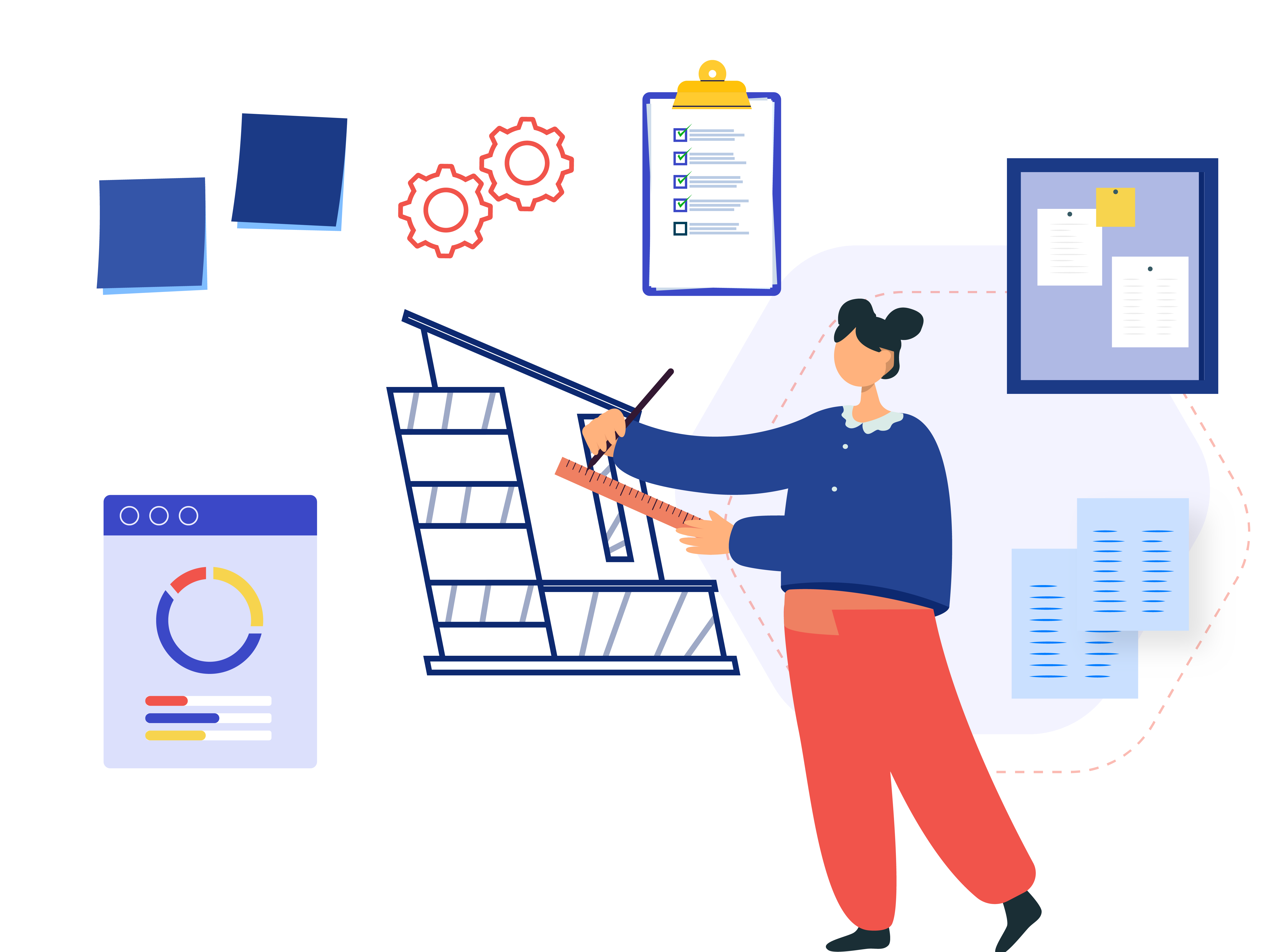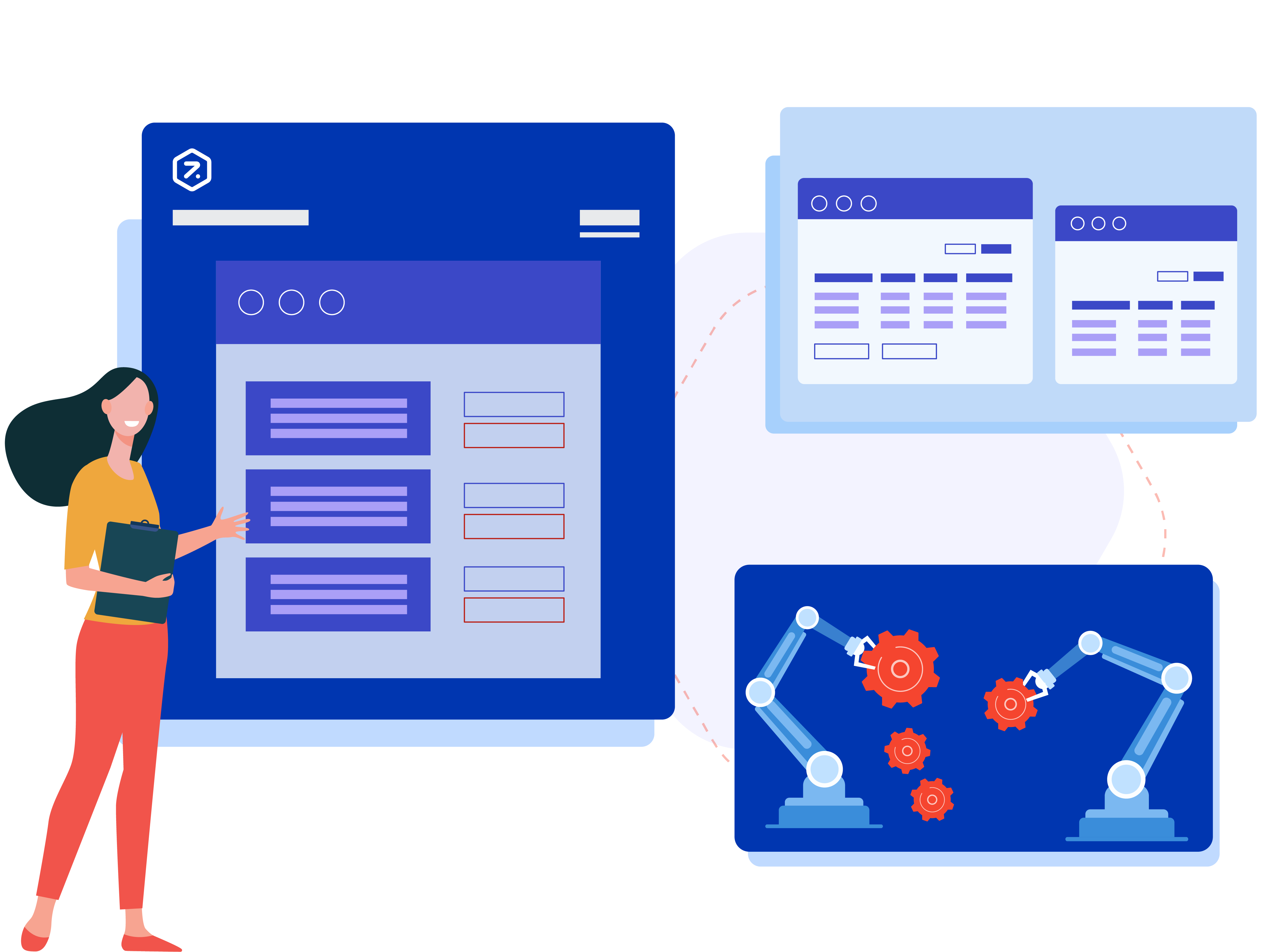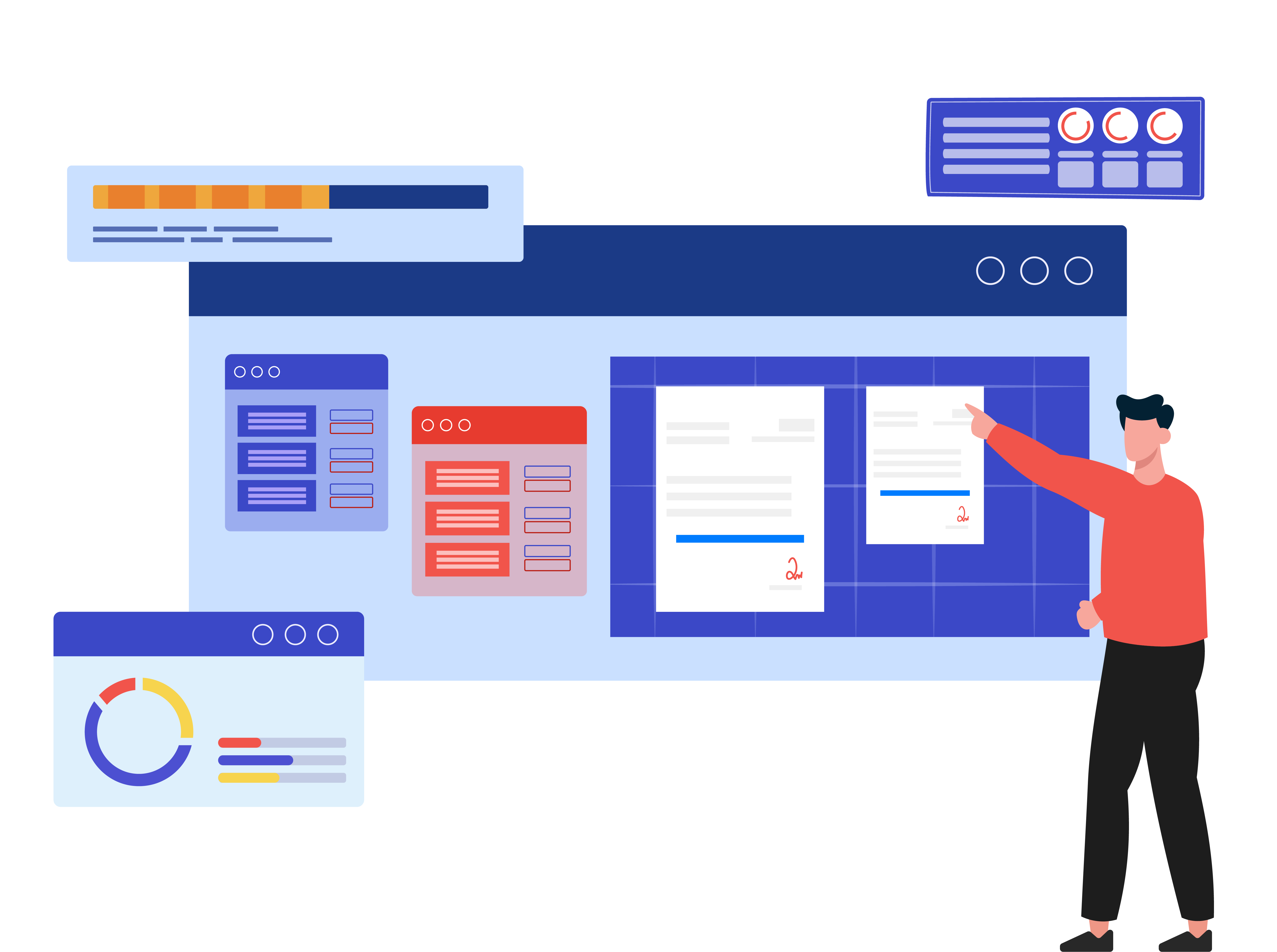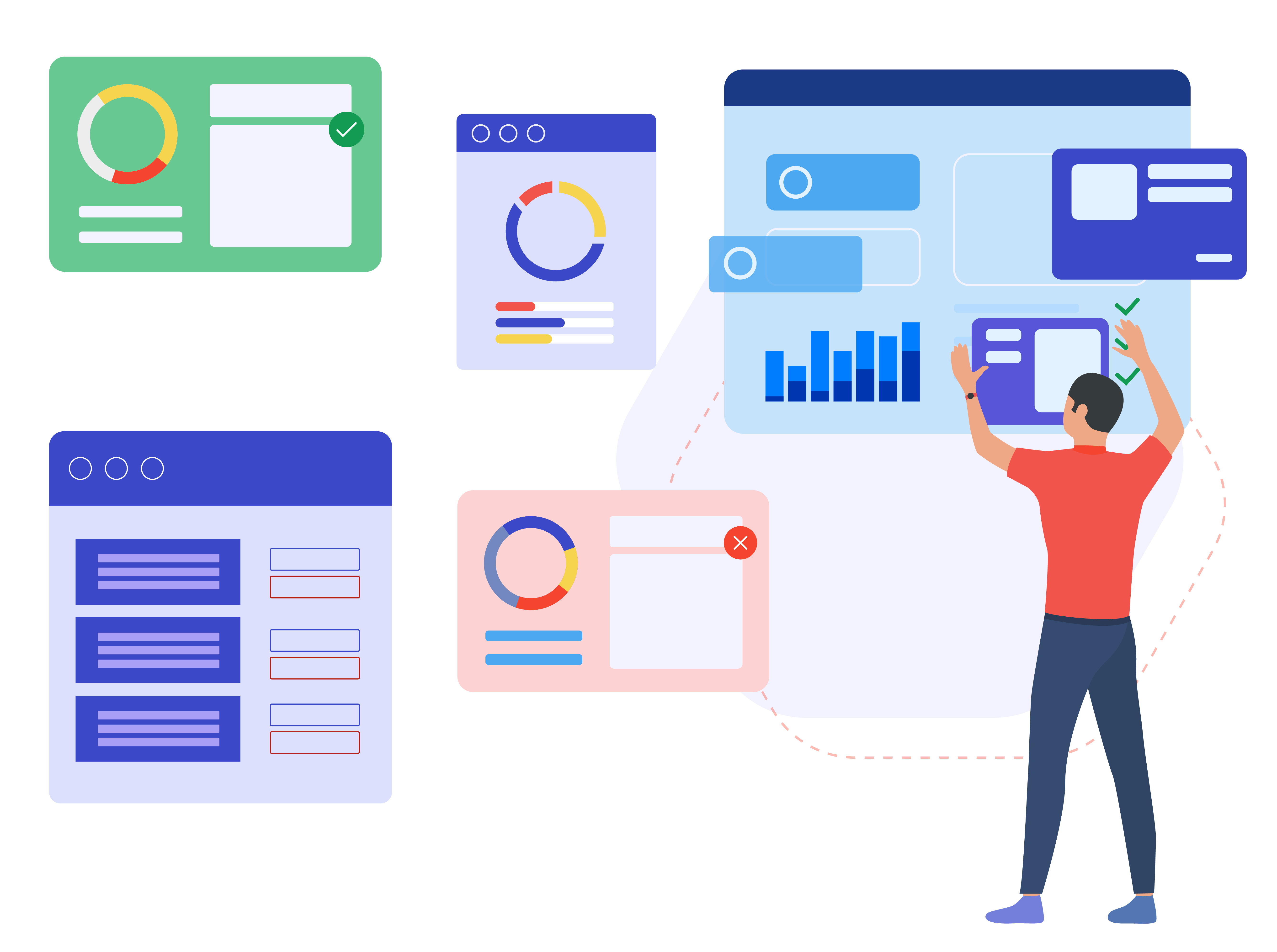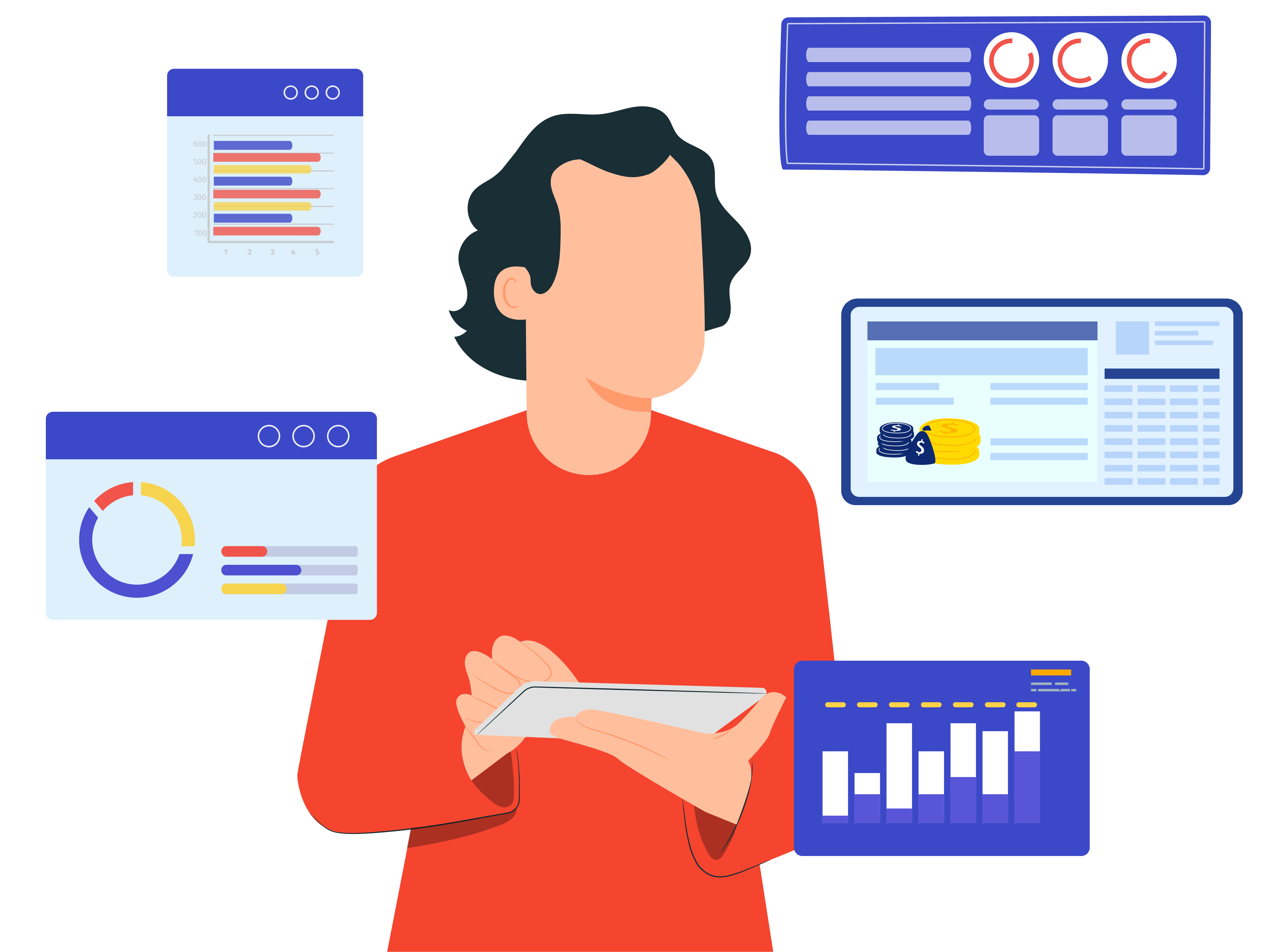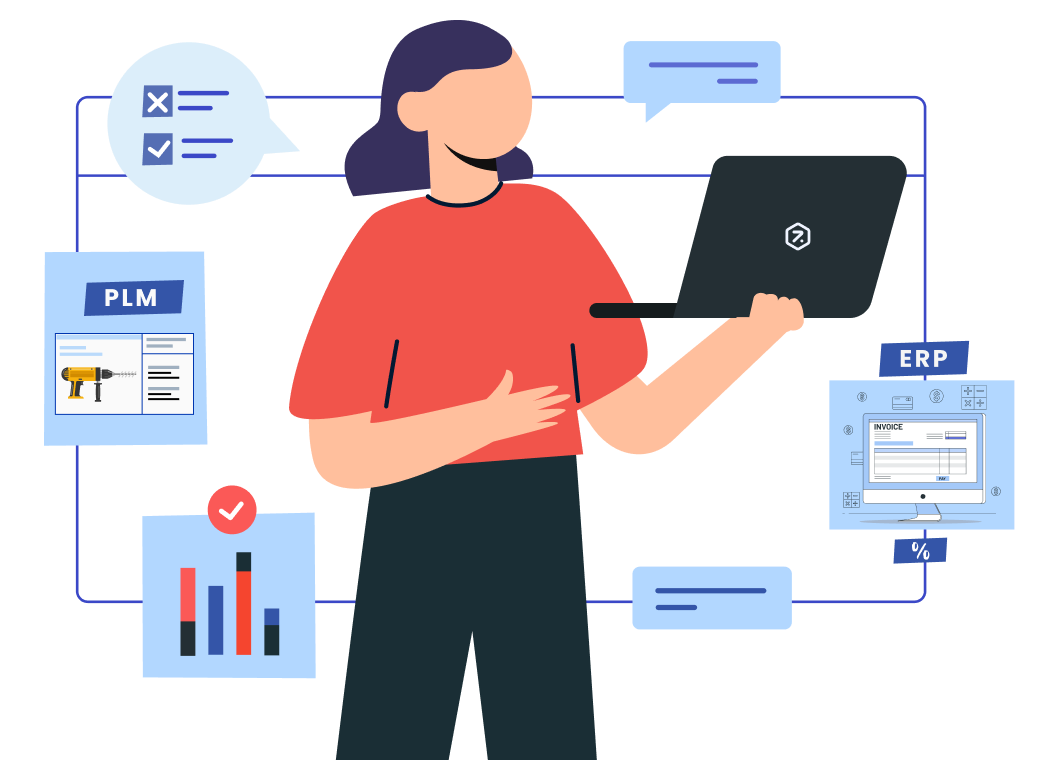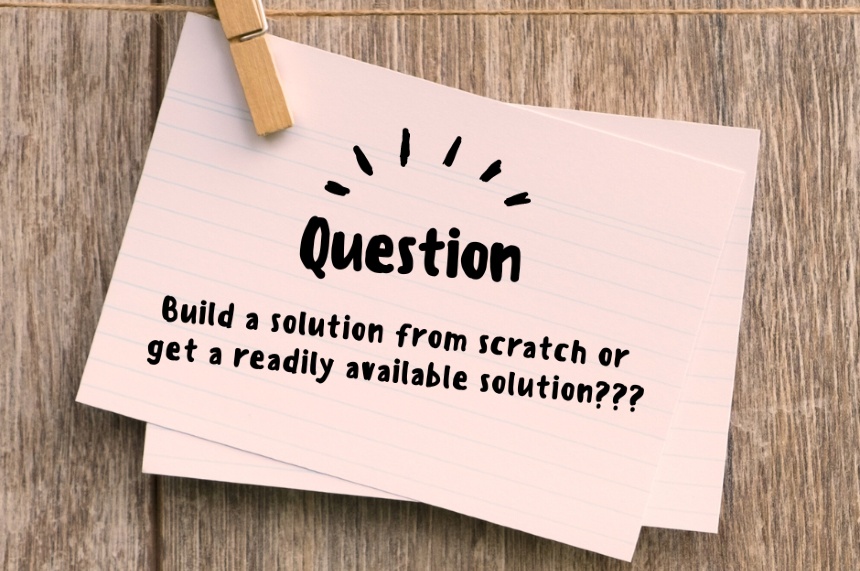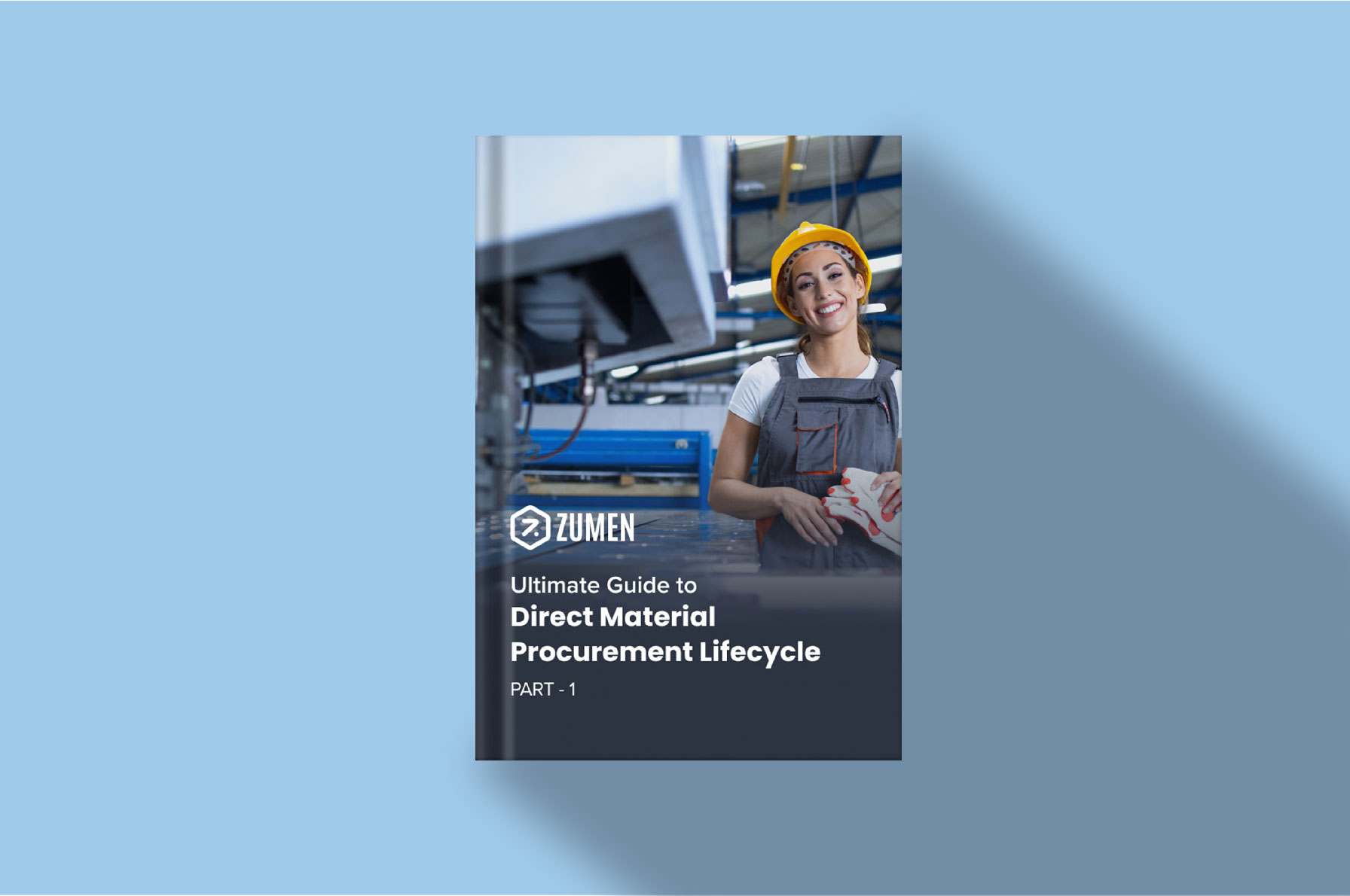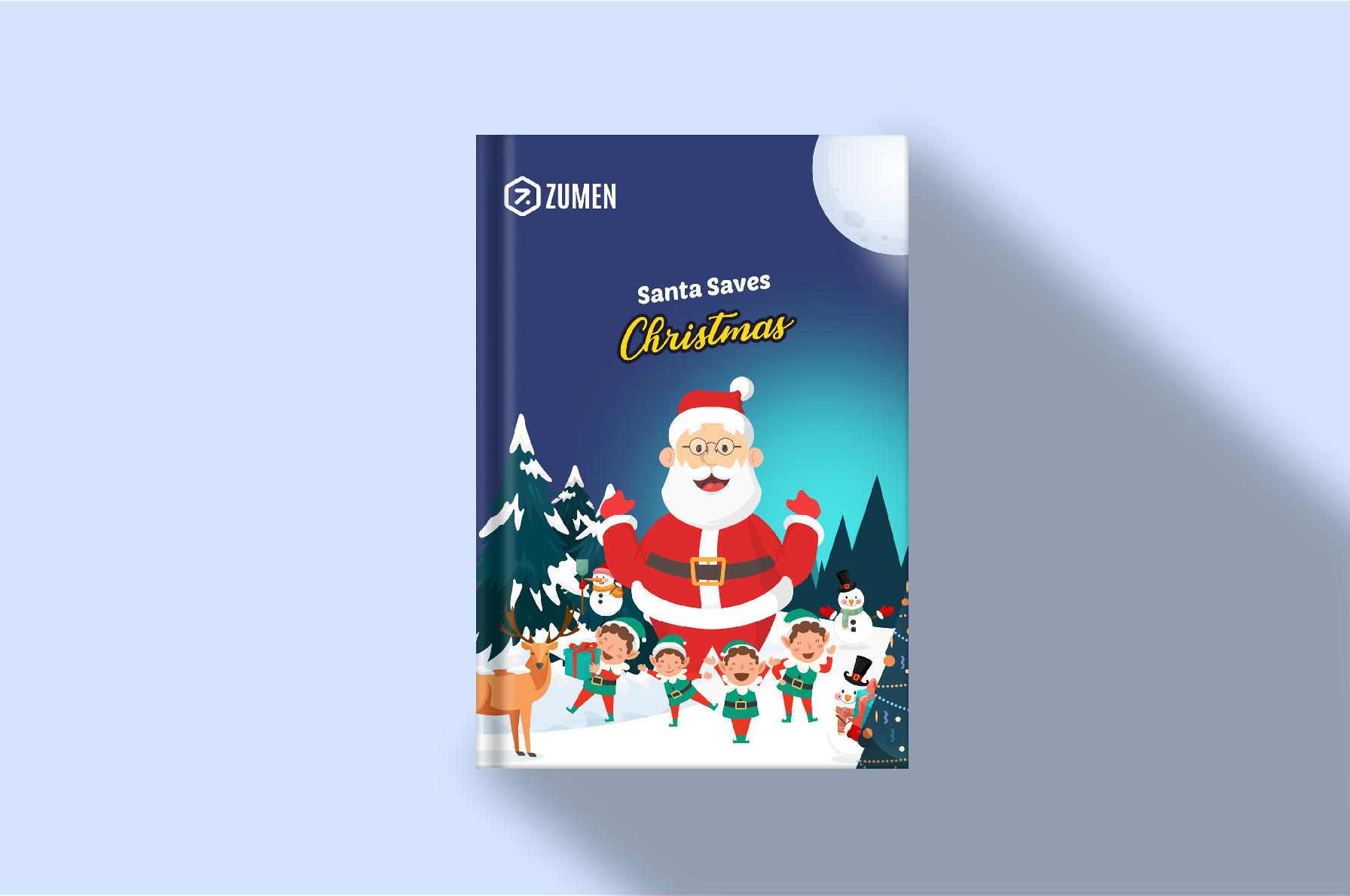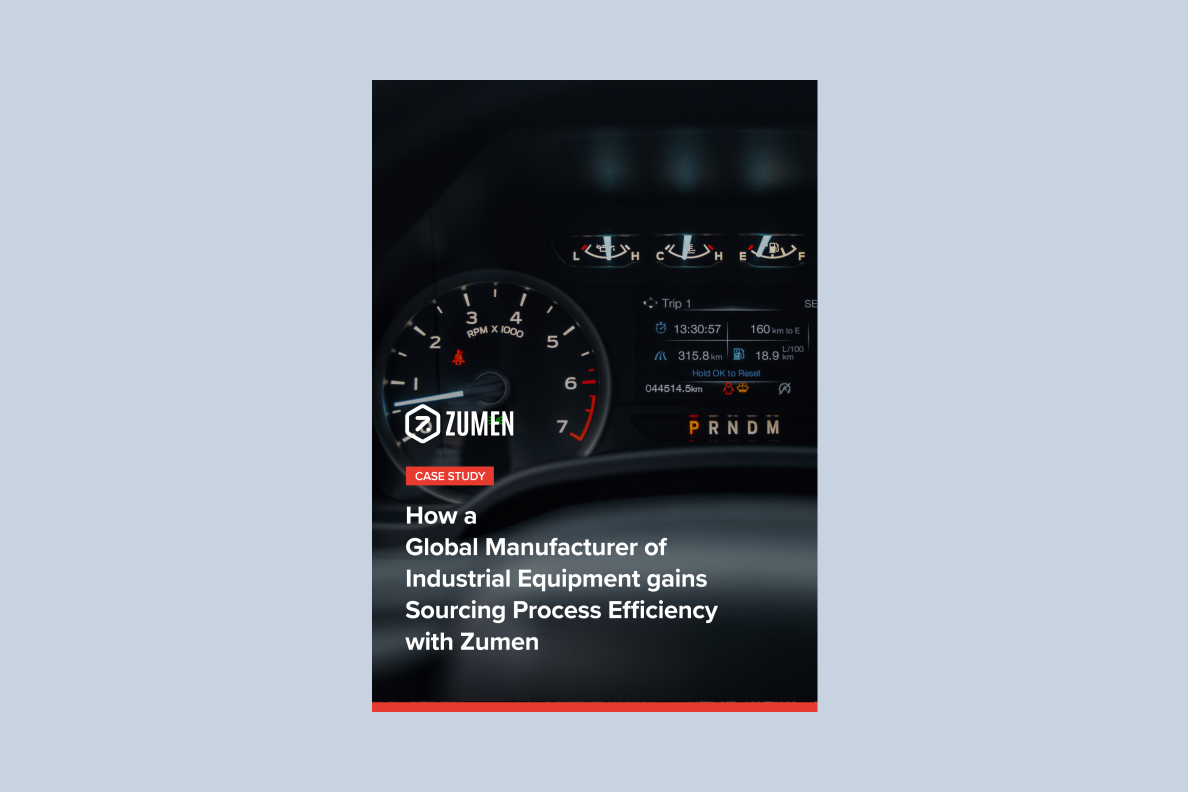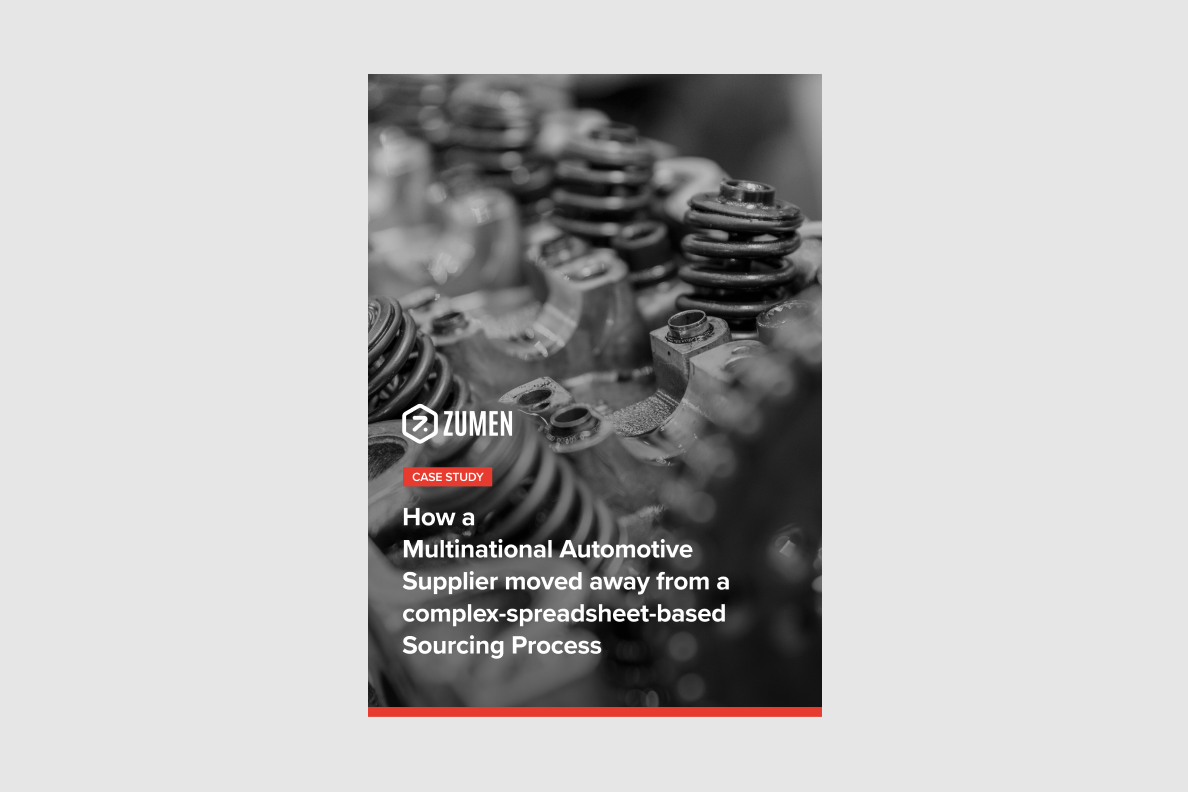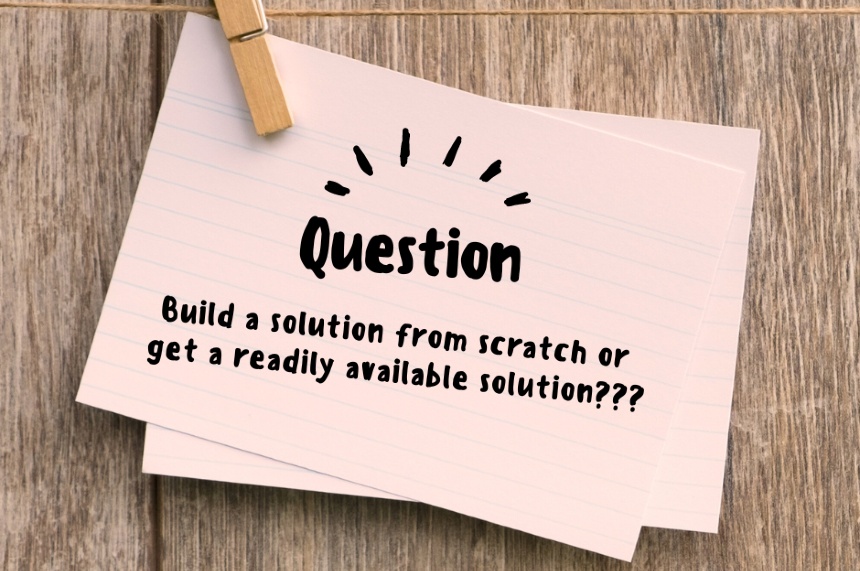Commodity Management in Procurement
Business | August 04, 2022 | By
Product manufacturing companies handle several components (direct or indirect materials) and services. And direct materials constitute 65-80% of the total spending. Also, the variety of commodity inputs for industrial goods has increased concomitant with technology growth. For example, due to the advancement of robotics and industrial automation, electric vehicles (EV), etc., the need for commodities such as copper, lithium, aluminium, and tin has only increased. To add to that, there is persistent volatility in commodity prices owing to increasing geopolitical issues, trade wars, and climate issues. And this means that efficient commodity management is crucial to product manufacturing companies.
What is Commodity Management?
Commodity management in product manufacturing companies encompasses all the strategic activities and processes in raw material procurement.
It includes, but is not limited to, supplier sourcing, supplier relationship management, industry and market analysis, negotiation strategy, and contract awards. It also includes material movement strategy, strategic planning for the sub-suppliers, sub-components, and the end-to-end supply chain.
Commodity management does not include the tactical aspects of releasing purchase orders (PO) and managing day-to-day supplier interaction. It focuses more on the strategic aspects of direct material procurement.
The Difference between Commodity and Category Management
Commodity and category management both perform strategic sourcing activities. However, there are a few differences. Let us see what they are.
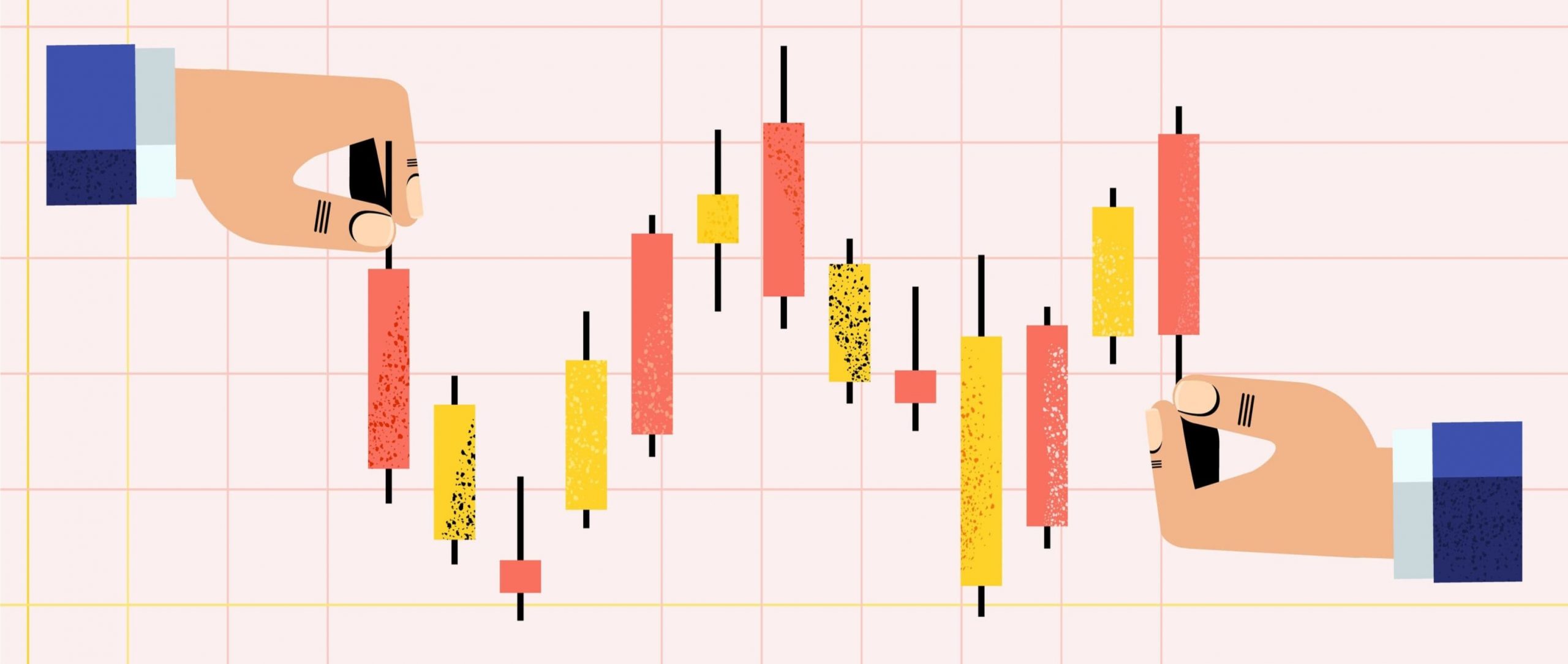
Commodity Management
It is primarily a term used in product manufacturing companies and is more of a strategic role than a tactical one. In a product manufacturing organization, a commodity management team is responsible for the complete strategy in sourcing a particular commodity (for example, cables, plastics, semiconductors, sheet metals, etc.). They are entirely responsible for the supplier selection and negotiation, terms and conditions, supplier performance, and sourcing strategy. And they report to the supply chain management team.
Category Management
In retail, companies use the term Category Management. Based on the company type, the categories will differ. But the concept is the same. For instance, in a grocery store, the categories could be dairy, produce, canned goods, or clothing. The organizational alignment for category management is much different. They report to the Merchant management and not the supply chain. Also, the role of category managers extends far beyond that of commodity managers. They are also responsible for the sales and marketing of the categories they manage and give inputs into merchandising and promotion. And also they manage the tactical buying. In contrast to commodity managers, who are predominantly procurement and supply chain experts, category managers are sales, marketing, and merchant management experts.
Benefits of Implementing Commodity Management :
Improved Supplier Relationship Management
 Effective supplier relationship management (SRM) is part of the supply chain management umbrella, hence a key component to business success. Managing commodities effectively creates a platform for better communication and negotiation between the buyer and supplier.
Effective supplier relationship management (SRM) is part of the supply chain management umbrella, hence a key component to business success. Managing commodities effectively creates a platform for better communication and negotiation between the buyer and supplier.
Also, in product manufacturing companies, several components go into making a product. And this means the involvement of several suppliers. With commodity management in place, companies can,
-
- Given the knowledge and expertise the buyers gain in working with a particular commodity, it makes it easier to review, evaluate, and onboard new suppliers.
- Enhance the chance for mutual growth and negotiation strength by providing suppliers (particularly key suppliers) with value-based, communication-based, and collaborative service.
- Improve resilience to the supply chain and insulate the company against disruptions. The process occurs with the help of constant supplier evaluation and metrics. With complete supplier data available, commodity managers can work to improve or replace underperforming suppliers and thus reduce supply risk.
Material Tracking
![]() A product manufacturing company has multiple departments with clear-cut roles and responsibilities working towards a common goal. Similarly, commodity management gives procurement teams a definite boundary to work with. Grouping products into logical commodities or categories and managing them as individual business units with roles, objectives, and strategies enables buyers to focus on data associated with that commodity. With commodity management in place, procurement teams can track the materials commodity-wise. And this gives them complete control over every commodity, enabling them to react proactively in case of delays or mishaps.
A product manufacturing company has multiple departments with clear-cut roles and responsibilities working towards a common goal. Similarly, commodity management gives procurement teams a definite boundary to work with. Grouping products into logical commodities or categories and managing them as individual business units with roles, objectives, and strategies enables buyers to focus on data associated with that commodity. With commodity management in place, procurement teams can track the materials commodity-wise. And this gives them complete control over every commodity, enabling them to react proactively in case of delays or mishaps.
Better insights into spending
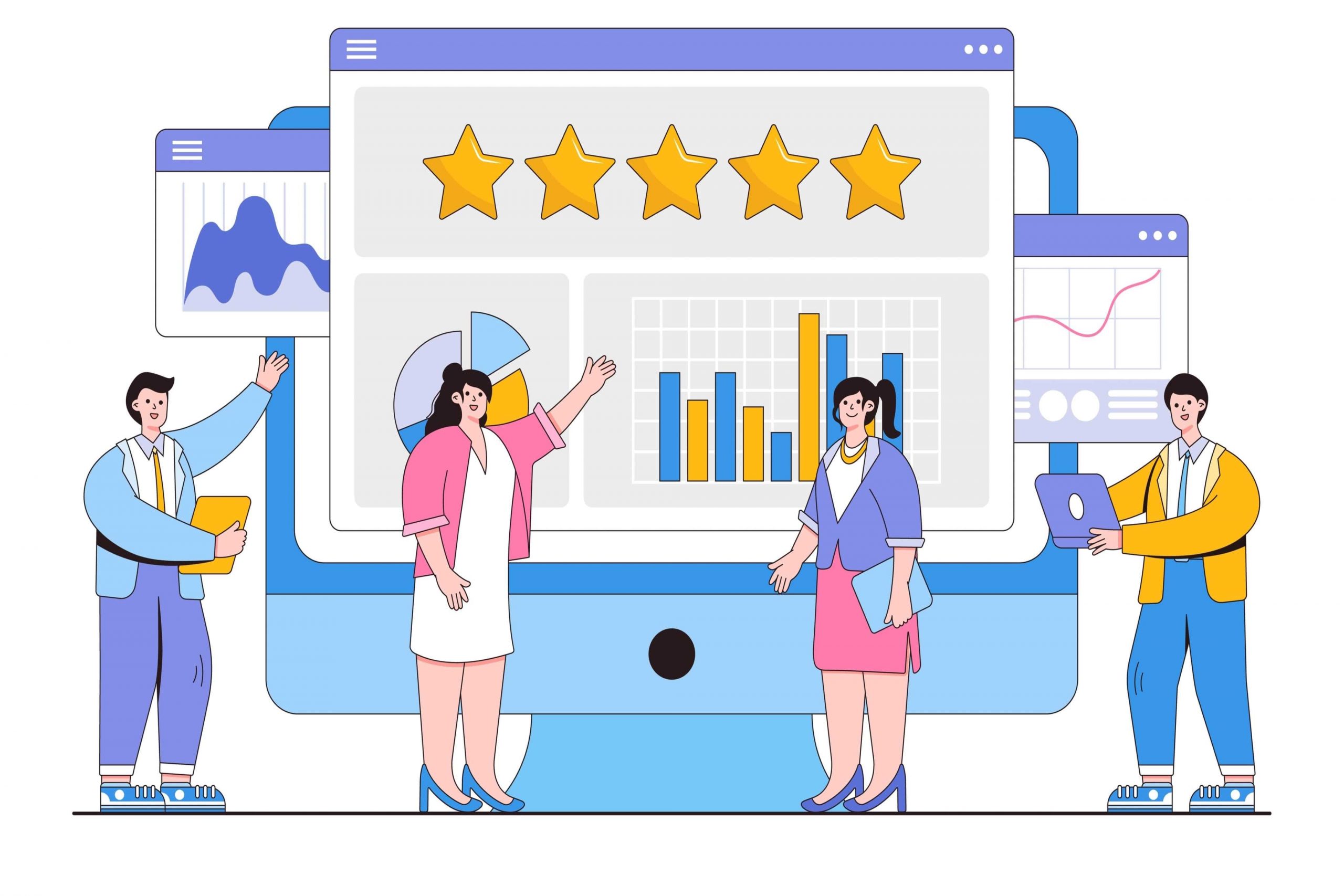 In the absence of commodity management in a product manufacturing company, there is hardly anyone to provide vital insights into the commodity price, cost, and spending accuracy. The reason? When there is no ownership of a category, no one would be accurately aware of what is happening in terms of spending against each supplier’s contract. With commodity management, it can facilitate a better understanding of the expenditure on the existing and upcoming contracts. Thus providing better insights into enterprise-wide spending on direct materials.
In the absence of commodity management in a product manufacturing company, there is hardly anyone to provide vital insights into the commodity price, cost, and spending accuracy. The reason? When there is no ownership of a category, no one would be accurately aware of what is happening in terms of spending against each supplier’s contract. With commodity management, it can facilitate a better understanding of the expenditure on the existing and upcoming contracts. Thus providing better insights into enterprise-wide spending on direct materials.
Conclusion
Depending on the industry that you are in, it is either commodity or category management for you. Or sometimes, you may consider these terms to be synonymous too.

But, commodity and category management is critical as they manage a large portion of the organizational spending, and the team’s contributions either make or break an organization.
And if you are looking for direct material procurement software encompassing all the facets of direct procurement, including commodity management, reach out to us at [email protected] or schedule a free demo.
